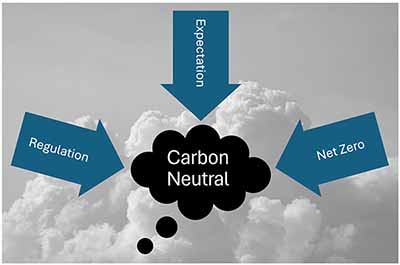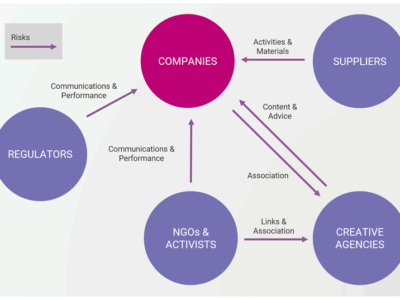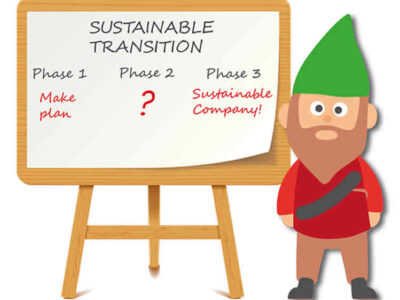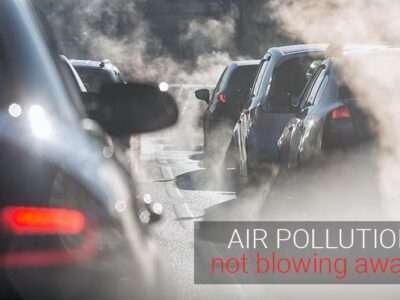Climate action is heating up – today Boris Johnson announced a diesel and petrol car ban as part of the launch of the next round of climate talks at Glasgow’s COP26 in November 2020 (subsequently postponed to 2021).
Diesel and petrol car ban 2035

Johnson announced a tightening of policy on diesel and petrol (internal combustion engine [ICE]) cars. Due to be banned in 2040, they are now to be banned for sale from 2035. But there were further surprises, hybrid cars are now also specifically included.
The new timetable brings the UK into line with other countries; Norway is aiming for 2025 (although this is a non-binding target) and France 2040.
While this policy appears to be mainly driven (sorry) by the climate agenda, there will also be local benefits in terms of reducing air pollution.
Alternative energy…
Because hybrids (and plug-in hybrids) are to go in 15 years, cars must be replaced by electric (BEV) or hydrogen powered vehicles. Currently there is limited choice of these vehicles and the purchase price can be prohibitive – although running costs can be lower. Paradoxically, it can be more difficult to find charging points now then it was 5 years ago when there were even fewer electric cars on the road.
More uncertainty
However, all is not rosy. Claire O’Neill, former energy minister, criticised Johnson after being sacked from heading the climate conference – saying on BBC Radio:
“My advice to anybody to whom Boris is making promises – whether it is voters, world leaders, ministers, employees or indeed family members – is to get it in writing, get a lawyer to look at it, and make sure the money is in the bank.”
The UK government has been giving mixed signals on this issue, it removed and reduced electric car subsidies in 2018, but is planning to introduce significant company car incentives for electric vehicles in Summer 2020.
The apparent increase in ambition to hit carbon targets should be welcomed. It will be challenging for car makers and charging providers to meet, but possible.
The SMMT said accelerating the transition could be damaging to the motor industry and certainly manufacturers will feel caught between European fleet targets for CO2 and a narrow window for using hybrids before they’re rendered redundant.
What seems to be lacking is a plan – and an underlying industrial strategy. Last year Honda announced exit from the UK as an unattractive location to build electric vehicles – these circumstances need to change.
We have a goal – 2035 can considered as something of a moonshot. We now need investment, collaboration and joined-up thinking across government and industry.
O’Neill highlights a critical aspect. Trust in government & other bodies is declining, declarations and goals must be followed up to rebuild this.
DISCOVER MORE | Sustainability Issues
Carbon Neutral Communications
Despite considerable regulatory focus on carbon neutral claims, companies are still getting their communications wrong, so what is happening?
While many large companies now appear wary of making claims about carbon neutrality, we can still see considerable focus on these in the SME space, some …
Reputation risk and sustainability – who do you work with?
Reputation is widely regarded as one the most valuable assets of an organisation. Sustainability can also be an important contributor to both reputation and several dimensions of business value.
In this article we explore different dimensions of reputational risk, how it might be affected and how …
Sustainable Aviation?
On the 28 November 2023, the first long-haul passenger plane powered with ‘sustainable’ air fuel took off. SAF offers an ostensibly attractive path for decarbonisation for the airline industry – the lifecycle greenhouse emissions can be up to 70% lower than conventional fossil-based fuels.
While …
Greenwashing – dimensions of risk
Greenwashing – misleading communications on sustainability issues – has various dimensions of risk, but these are often overlooked, and their implications are insufficiently examined.
While greenwashing may appear as simply irritating, it actually causes a range of harm and presents multiple …
Sustainable transition – waiting for the underpants gnomes?
Dramatic changes are needed in business and industry to head off coming poly crises and build a prosperous future for the growing global population.
But plans for this ‘sustainable transition’ are few and far between and often lack credible substance to bridge the link between ambition and action. …
Avoiding strategic greenwashing – why your business strategy must be plausible
Worldwide regulators are tightening up on strategic greenwashing to protect consumers, business and market integrity. As further examples arise there is more, we can learn about what regulators will tolerate and what they require of companies.
Put simply, any leeway for general feel-good …
WEF Global Risks 2023 – What’s new and what’s changed?
While big picture environmental threats of climate change, nature loss and ecosystem collapse remain long term risks, geopolitical instability and the current cost-of-living crisis challenges present emerging challenges to the chance for global consensus and coordinated action.
The WEF (World …
2023 sustainable business trends and challenges – what to watch out for
From avoiding greenwashing to facing soaring business costs, 2023 is set to be a challenging year for most business leaders to navigate.
Regulators, customers and consumers have increasing expectations for good quality, consistent information on sustainability. Communication must be accurate and …
Sustainable value creation
Understanding the relationship between your organisation and the wider world, and identifying which issues, trends, dependencies and risks are material (important) to your business future is critical. Not just for measuring and managing impact, but also for developing resilience and responding to …
Something in the air – the burden of air pollution
Small particle air pollution – when will we clear it? PM2.5 (small particle) air pollution is one of the most harmful types for human health, exposure has been linked to heart and lung disease, mental health and many other conditions including stroke, cancer and mental health. Air pollution …











 Sustainability Issues 2020 | Business Purpose
Sustainability Issues 2020 | Business Purpose
Leave a Reply